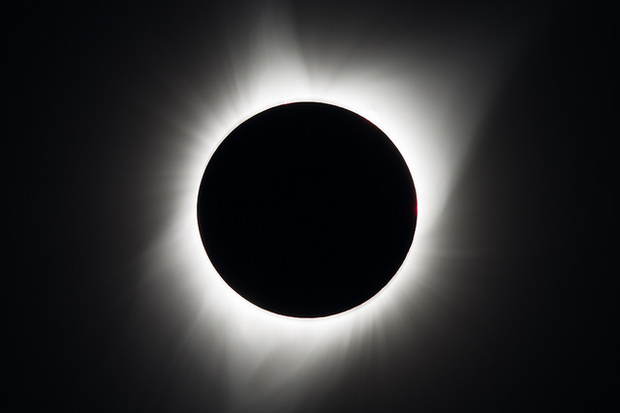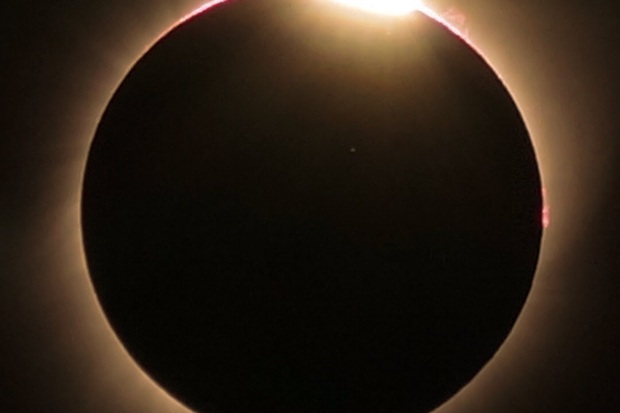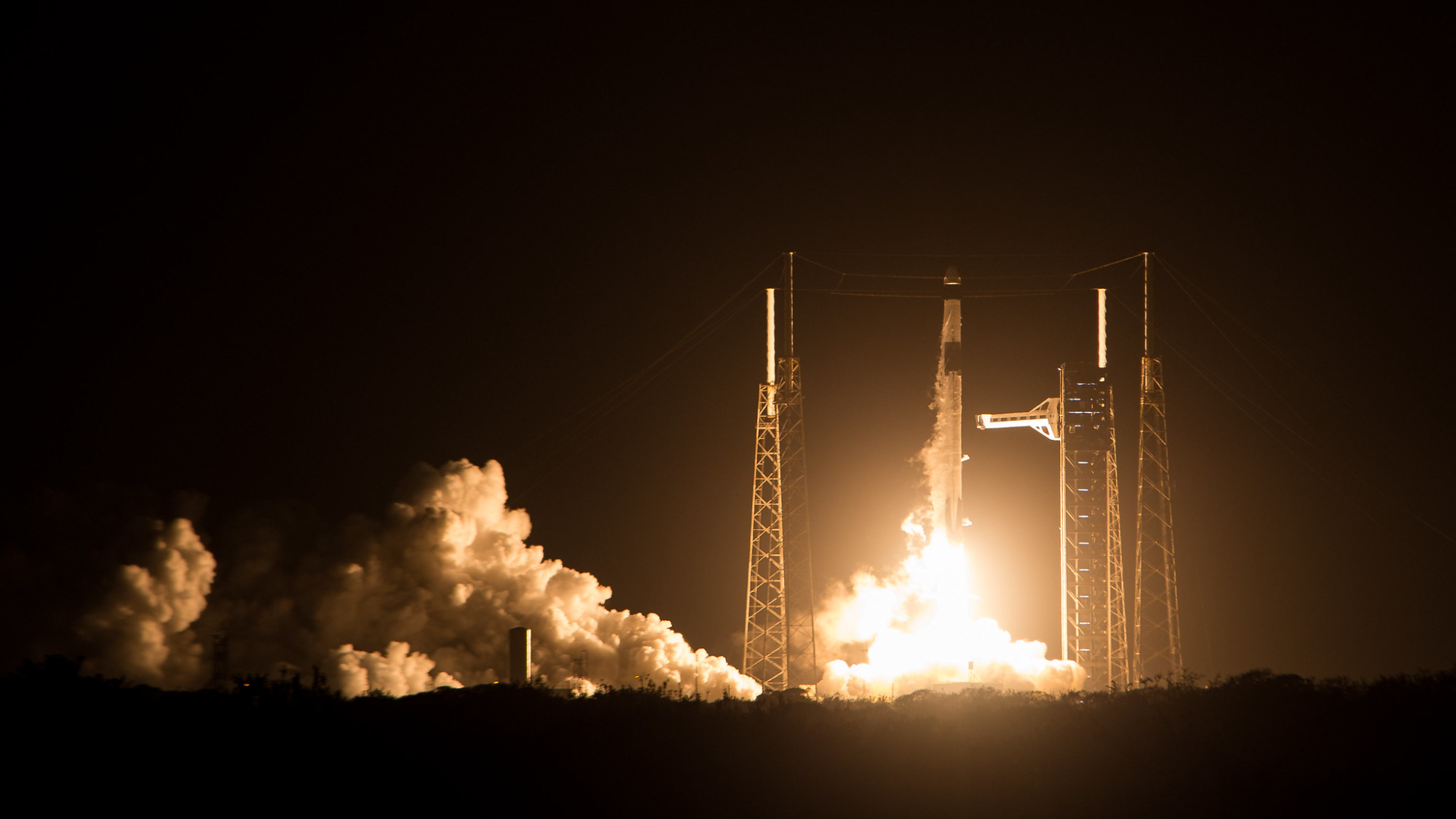How the Great American Solar Eclipse Sparked Nationwide Interest in Science

Breaking space news, the latest updates on rocket launches, skywatching events and more!
You are now subscribed
Your newsletter sign-up was successful
Want to add more newsletters?

Delivered daily
Daily Newsletter
Breaking space news, the latest updates on rocket launches, skywatching events and more!

Once a month
Watch This Space
Sign up to our monthly entertainment newsletter to keep up with all our coverage of the latest sci-fi and space movies, tv shows, games and books.

Once a week
Night Sky This Week
Discover this week's must-see night sky events, moon phases, and stunning astrophotos. Sign up for our skywatching newsletter and explore the universe with us!

Twice a month
Strange New Words
Space.com's Sci-Fi Reader's Club. Read a sci-fi short story every month and join a virtual community of fellow science fiction fans!
The Great American Solar Eclipse ignited exceptional interest in science among the U.S. public, according to one new report.
Last summer, it seemed like everyone was obsessed with the solar eclipse. People scrambled to get their hands on eclipse glasses, shared articles about the event and brought up the eclipse in what seemed like every conversation. In the final report of a survey led by the University of Michigan, researchers found that U.S. adults who watched the 2017 total solar eclipse gathered information about the phenomenon about 16 times in the three months following the event.
This is the highest level of information-seeking among U.S. adults that has ever been reported for a similar scientific event, researchers said in a statement. This incredible, historic event captured the entire country's interest and inspired curiosity about science. [The Most Amazing 2017 Total Solar Eclipse Photos Taken from Space]
"What we found was that there was a substantial amount of people going online, going to libraries, talking to their friends, trying to figure out what was going to happen with the eclipse before and after the event," Jon Miller, director of the International Center for the Advancement of Scientific Literacy at the University of Michigan's Institute for Social Research who lead the survey, said in the statement. "To a large extent, scholars have watched what people do before a scientific event but not what they do after. The event can be a stimulus that causes people to look for more information."
According to the report, in addition to seeking information at a higher rate than for other science events, the average U.S. adult had eight conversations about the eclipse. On average, adults in the U.S.searched online twice for information about the eclipse in the two months leading up to the event, and they read stories about the event in magazines and newspapers, both in print and online, according to the statement.
The most common way that people searched for information about the eclipse was through conversations with friends and family. In second place was through reading articles and stories about the eclipse, according to the statement.
This survey information was gathered from online and telephone interviews with 2,834 U.S. adults before the eclipse. Of the initial people surveyed, 2,175 responded to a follow-up survey directly after the event, and 2,212 responded to a third survey three months after the eclipse.
Breaking space news, the latest updates on rocket launches, skywatching events and more!
In addition to this survey's findings, NASA reported a record number of visits to its website. The agency publicly stated after the eclipse, on Aug. 24, 2017, that "with more than 90 million page views on nasa.gov and eclipse2017.nasa.gov, we topped our previous web traffic record about seven times over."
In fact, people in the U.S. were so excited by the eclipse that it even outperformed the nation's biggest sporting event; almost twice as many U.S. adults watched the 2017 solar eclipse (in some fashion, whether online, on TV, or in person) as the 2017 Super Bowl.
"This level of public interest and information-seeking about a science-oriented event is unparalleled," Miller said. "It suggests that groups and organizations interested in fostering increased adult interest in science should think about post-event programming to provide resources and a forum for these discussions."
Email Chelsea Gohd at cgohd@space.com or follow her @chelsea_gohd. Follow us @Spacedotcom, Facebook and Google+. Original article on Space.com.

Chelsea “Foxanne” Gohd joined Space.com in 2018 and is now a Senior Writer, writing about everything from climate change to planetary science and human spaceflight in both articles and on-camera in videos. With a degree in Public Health and biological sciences, Chelsea has written and worked for institutions including the American Museum of Natural History, Scientific American, Discover Magazine Blog, Astronomy Magazine and Live Science. When not writing, editing or filming something space-y, Chelsea "Foxanne" Gohd is writing music and performing as Foxanne, even launching a song to space in 2021 with Inspiration4. You can follow her on Twitter @chelsea_gohd and @foxannemusic.

